AWS DevOps Real Time Projects
4.9 out of 5 based on 9748 votesLast updated on 13th May 2024 16.92K Views
- Bookmark

Transform your workflow with AWS DevOps Projects, streamlining development, deployment, and automation for efficient cloud operations.
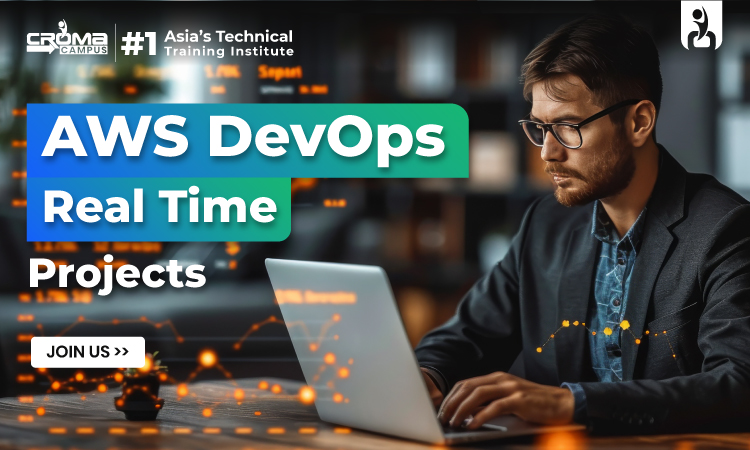
In today's dynamic technological landscape, the convergence of cloud computing and DevOps practices has revolutionized the way organizations build, deploy, and manage software applications. Amazon Web Services (AWS) stands at the forefront of this revolution, offering a comprehensive suite of cloud services and infrastructure solutions tailored to meet the demands of modern software development processes. AWS DevOps projects leverage these services to streamline workflows, automate processes, and drive innovation across various domains. In this era of digital transformation, the integration of AWS into DevOps methodologies not only accelerates time-to-market but also empowers teams to deliver robust, scalable solutions that meet the ever-evolving needs of businesses and end-users alike. One can join DevOps Certification Course for the best training.
What Are AWS DevOps Projects?
AWS DevOps projects refer to the utilization of Amazon Web Services (AWS) in DevOps workflows, emphasizing automation, collaboration, and continuous integration/continuous deployment (CI/CD) practices. These projects typically involve leveraging AWS services such as AWS CodePipeline for automating software release pipelines, AWS CodeDeploy for automating code deployments, AWS Code Commit for hosting Git repositories, AWS Cloud Formation for infrastructure as code, and AWS Lambda for serverless computing. By integrating these AWS services into DevOps practices, teams can streamline development processes, enhance collaboration between development and operations teams, and achieve faster, more reliable software delivery.
Note: Master modern technologies with AWS Cloud Computing Training, empowering you to build, deploy, and scale applications seamlessly while gaining expertise in cloud infrastructure, storage, and advanced services for success.
How Do Practicing AWS DevOps Projects Help?
Practicing AWS DevOps projects offers several benefits:
- Automation: Utilizing AWS services like CodePipeline, CodeDeploy, and Lambda allows for automating various aspects of the software development lifecycle, reducing manual errors, and speeding up release cycles.
- Scalability: AWS provides scalable infrastructure, enabling teams to scale resources up or down as needed, ensuring optimal performance and cost efficiency.
- Flexibility: AWS offers a wide range of services and tools that can be tailored to fit the specific needs of DevOps workflows, providing flexibility in designing and implementing solutions.
- Collaboration: AWS CodeCommit facilitates collaborative development by providing a secure and scalable Git-based repository hosting service, enabling seamless collaboration among team members regardless of their geographical location.
- Efficiency: With AWS CloudFormation, infrastructure can be defined as code, allowing for the automated provisioning and management of AWS resources. This streamlines the deployment process, reduces manual intervention, and enhances overall efficiency.
- Reliability: AWS provides highly available and fault-tolerant services, ensuring that applications deployed using AWS DevOps practices are resilient to failures and provide a consistent user experience.
- Security: AWS offers robust security features and compliance certifications, allowing teams to build and deploy applications in a secure and compliant manner.
- Cost-effectiveness: By leveraging AWS's pay-as-you-go pricing model and optimizing resource usage through automation and scalability, teams can minimize infrastructure costs while maximizing ROI.
- Innovation: AWS continuously introduces new services and features, allowing teams to stay at the forefront of technology and innovate faster.
- Continuous Improvement: DevOps Training promote a culture of continuous improvement, enabling teams to iteratively enhance their processes, tools, and infrastructure to deliver better software faster.
Tips: If you want to become an AWS Engineer, you must acquire an AWS Online Course and get ahead in this field.
Top 10 AWS DevOps Real Time Project Ideas
Here are the top 10 AWS DevOps real-time project ideas along with a brief description and any required syntax:
1. House Price Prediction Using AWS and ML
- Description: Utilize AWS services such as SageMaker for training machine learning models to predict house prices based on features like location, size, and amenities.
- Syntax: You can use Python with libraries like Pandas, NumPy, and Scikit-learn for data preprocessing and model training. SageMaker's built-in algorithms or custom scripts can be used for model training and deployment.
2. Customer Reviews Analysis with AWS NLP
- Description: Implement sentiment analysis on customer reviews using AWS Natural Language Processing (NLP) services like Amazon Comprehend to extract insights and sentiments from text data.
- Syntax: You can use AWS SDK for Python (Boto3) to interact with Amazon Comprehend APIs. Python libraries like NLTK or SpaCy can be used for text preprocessing.
3. E-Commerce Recommendation System Using AWS SageMaker
- Description: Build a recommendation system for an e-commerce platform using AWS SageMaker to provide personalized product recommendations to users based on their browsing and purchase history.
- Syntax: Utilize SageMaker's built-in algorithms or deploy custom recommendation models using Python with libraries like Pandas, NumPy, and TensorFlow.
4. IoT Anomaly Detection with AWS IoT Analytics
- Description: Implement anomaly detection for IoT sensor data using AWS IoT Analytics to identify deviations from normal patterns and detect potential issues in real-time.
- Syntax: Configure AWS IoT Core to ingest sensor data, then use IoT Analytics for data preprocessing and anomaly detection. Python or AWS Lambda functions can be used for processing and alerting.
5. Fraud Detection Using AWS Machine Learning
- Description: Develop a fraud detection system using AWS Machine Learning services to analyse transaction data and identify fraudulent activities in real-time. Consider joining the DevOps Certification Course to learn making more such projects.
- Syntax: Use AWS SDKs or AWS CLI to interact with AWS Machine Learning services. Python can be used for data preprocessing and model training.
You May Also Read These Posts:
DevOps Interview Questions And Answers
Note: Croma Campus is one of the best & accredited EdTech companies for providing AWS Course in Delhi. You can check the details about the course, fees, and duration.
6. Medical Image Analysis on AWS Using Deep Learning
- Description: Leverage AWS Deep Learning services like Amazon Rekognition or Amazon SageMaker to analyze medical images (e.g., X-rays, MRIs) for diagnosis and disease detection.
- Syntax: Utilize AWS SDKs or APIs for image processing and analysis. Python with libraries like TensorFlow or PyTorch can be used for deep learning model development.
7. Build a Smart Chatbot Using AWS AI Services
- Description: Create a smart chatbot using AWS AI services such as Amazon Lex for natural language understanding and Amazon Polly for text-to-speech conversion, enabling conversational interactions with users.
- Syntax: Use AWS SDKs or APIs to integrate with Amazon Lex and Polly. Python or Node.js can be used for backend development and integration.
8. Social Media Sentiment Analysis Using AWS Kinesis
- Description: Implement real-time sentiment analysis on social media streams using AWS Kinesis for data ingestion, processing, and analytics, providing insights into public opinion and trends.
- Syntax: Configure AWS Kinesis Data Streams to ingest social media data, then use AWS Lambda or Kinesis Data Analytics for sentiment analysis. Python or Java can be used for stream processing.
9. Real-Time IoT Data Analytics Using AWS IoT
- Description: Build a real-time analytics platform for IoT data using AWS IoT Core and AWS IoT Analytics to collect, process, and visualize sensor data from connected devices.
- Syntax: Set up AWS IoT Core to ingest IoT data, then use AWS IoT Analytics for data preprocessing and analytics. Python or AWS Lambda functions can be used for data processing.
10. Real-Time Object Recognition for Autonomous Driving with AWS DevOps
- Description: Develop a real-time object recognition system for autonomous vehicles using AWS services like Amazon Rekognition and AWS Lambda to detect and classify objects in the vehicle's environment.
- Syntax: Utilize AWS SDKs or APIs for image recognition and object detection. Python or C++ can be used for integration with autonomous driving systems.
These project ideas demonstrate how AWS DevOps can be leveraged to build innovative and scalable solutions across various domains, from machine learning and IoT to natural language processing and autonomous driving.
Relevant Cloud Computing Online Courses:
Best Cloud Computing Courses in India
Azure Data Factory Online Training
Conclusion
To summarise, AWS DevOps Course With Placement offers a vast array of opportunities to innovate and create cutting-edge solutions across diverse domains. By integrating AWS services seamlessly into DevOps workflows, teams can achieve automation, scalability, and efficiency in their projects. From machine learning and IoT to natural language processing and autonomous systems, AWS provides the infrastructure and tools necessary to build real-time, intelligent applications. These projects not only demonstrate the power of AWS DevOps in driving innovation but also highlight its potential to address complex challenges and deliver impactful solutions that enhance user experiences and drive business value in today's rapidly evolving technological landscape.
Subscribe For Free Demo
Free Demo for Corporate & Online Trainings.
Your email address will not be published. Required fields are marked *
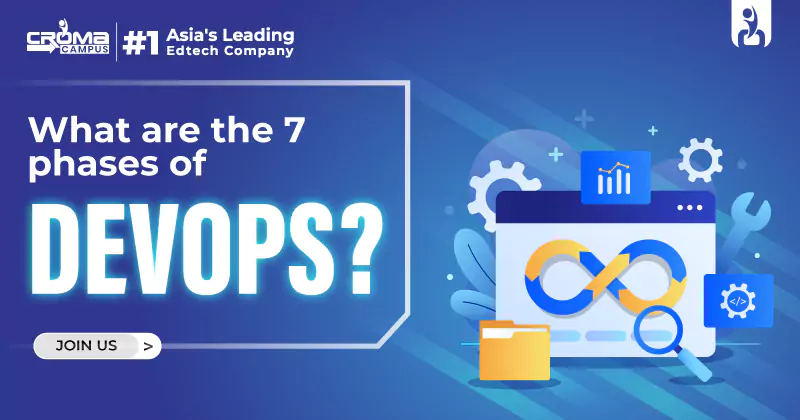
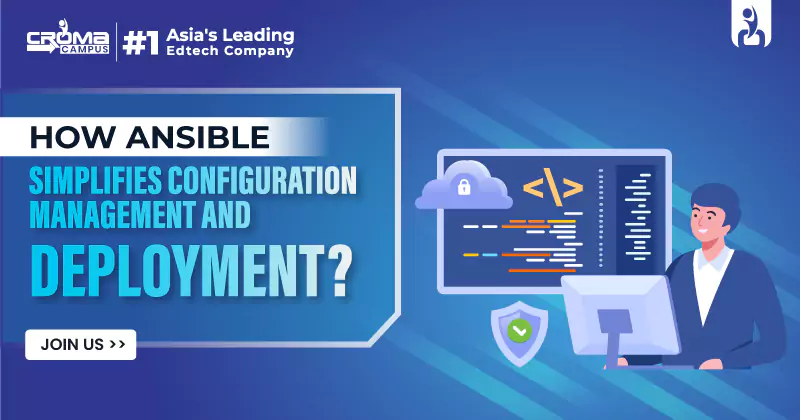
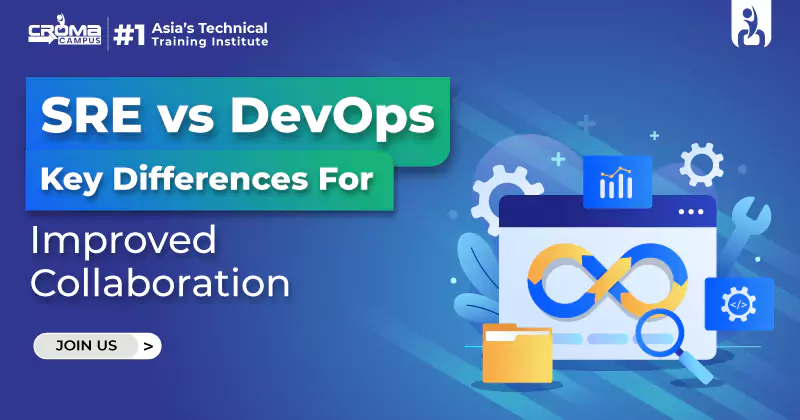

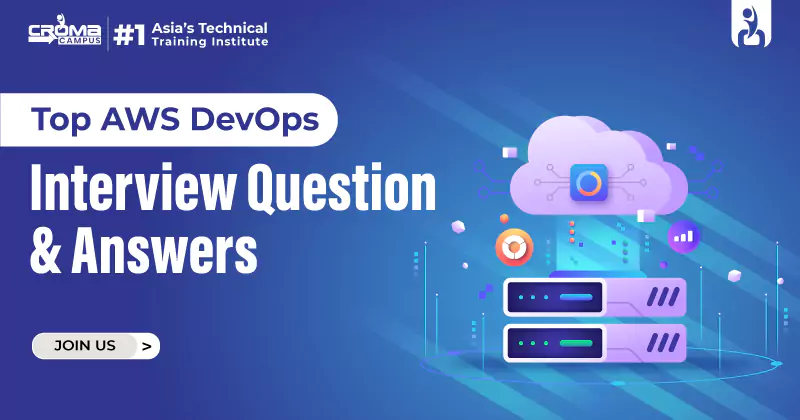
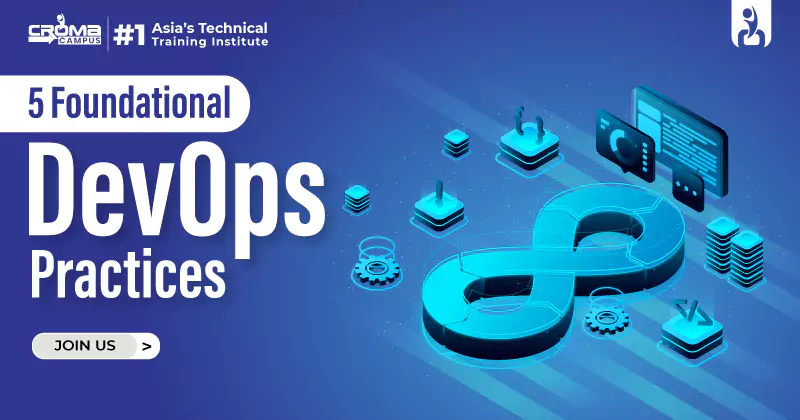
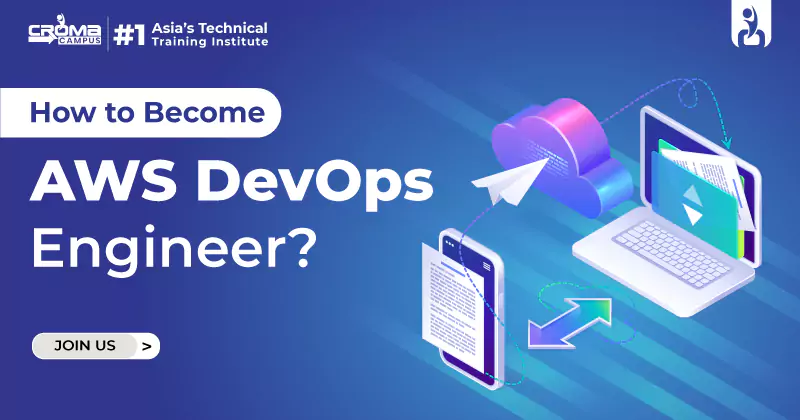
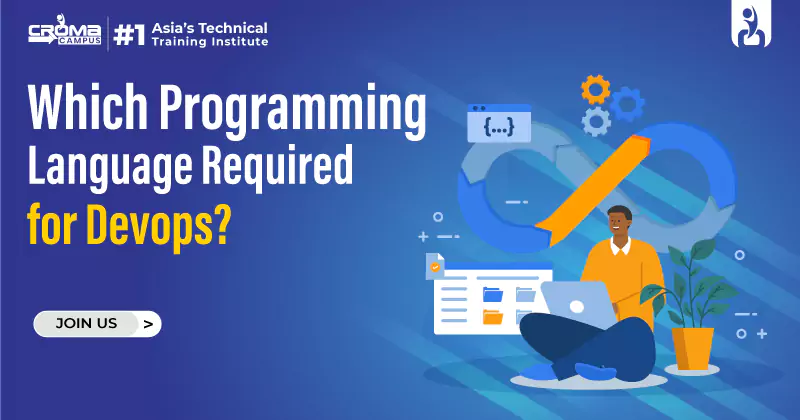
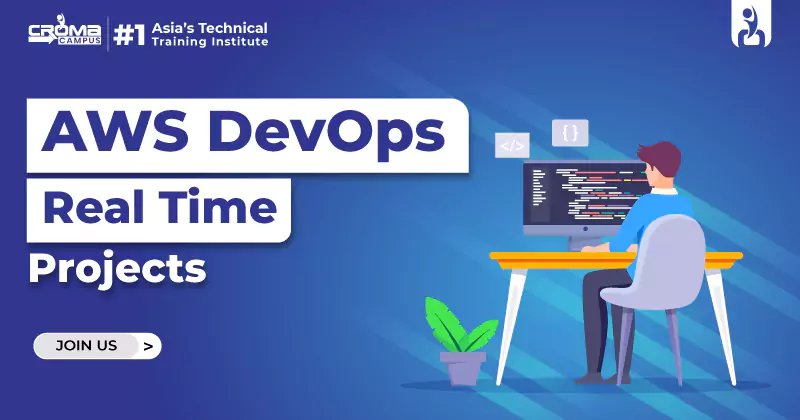
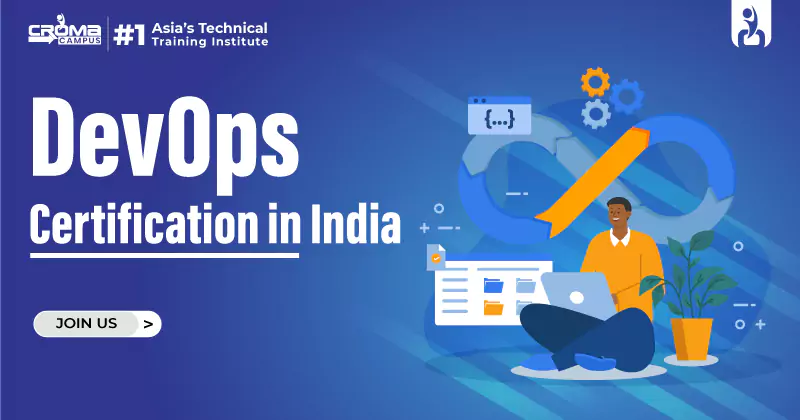
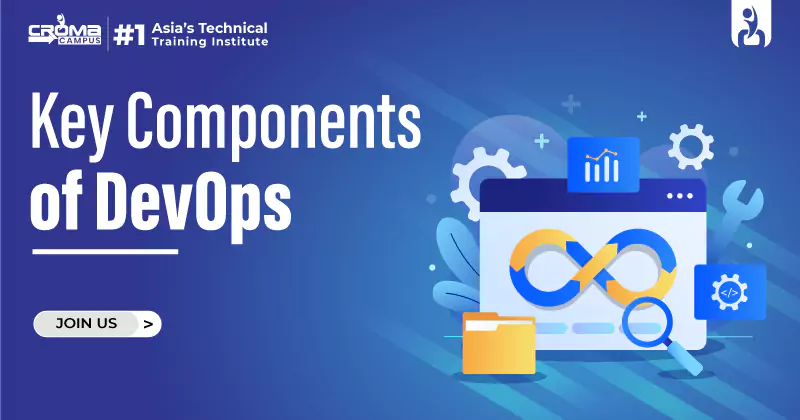
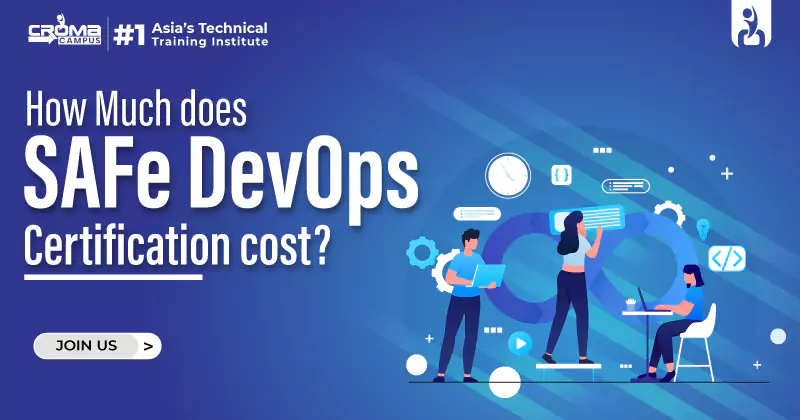










 Master in Cloud Computing Training
Master in Cloud Computing Training